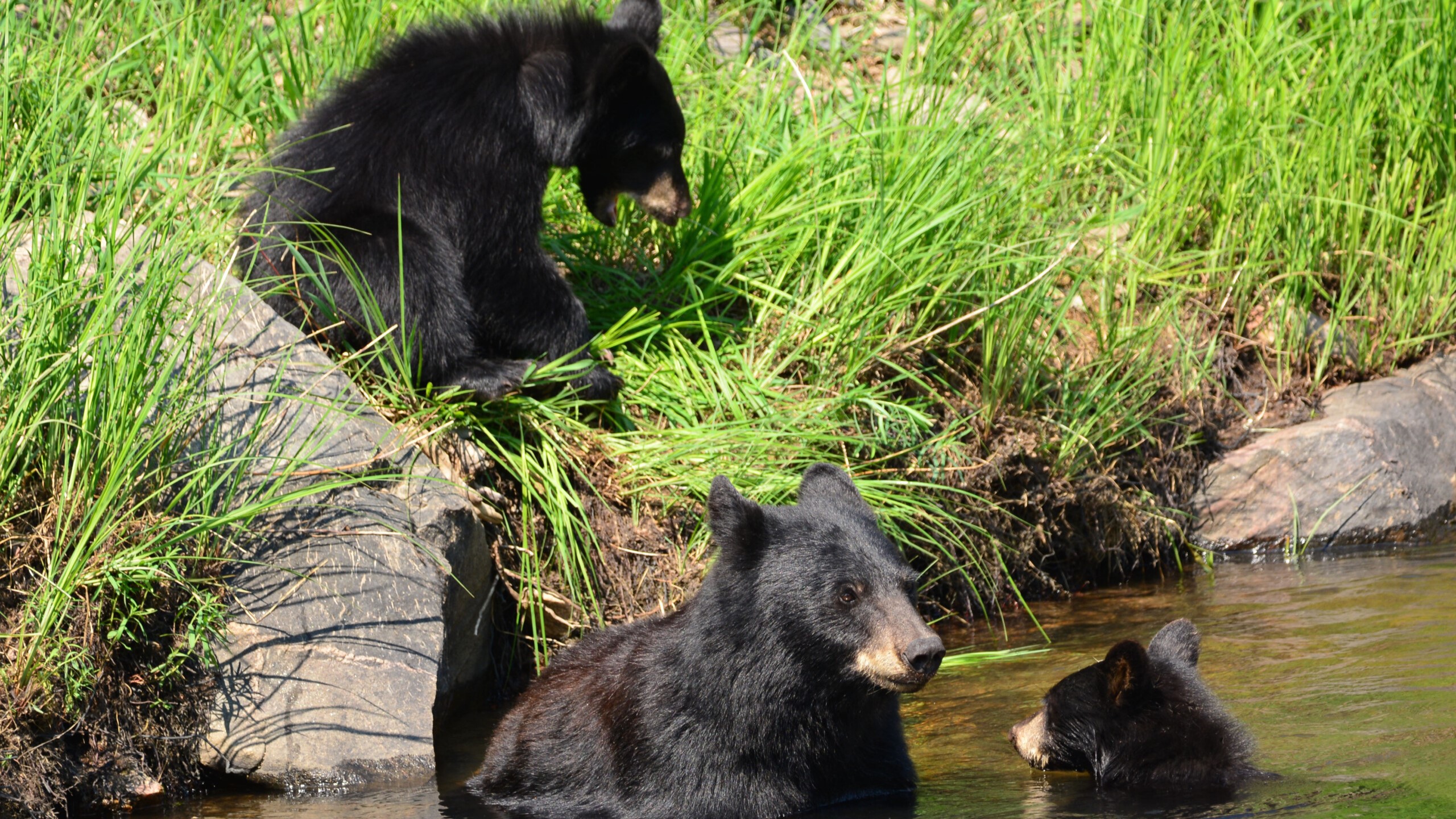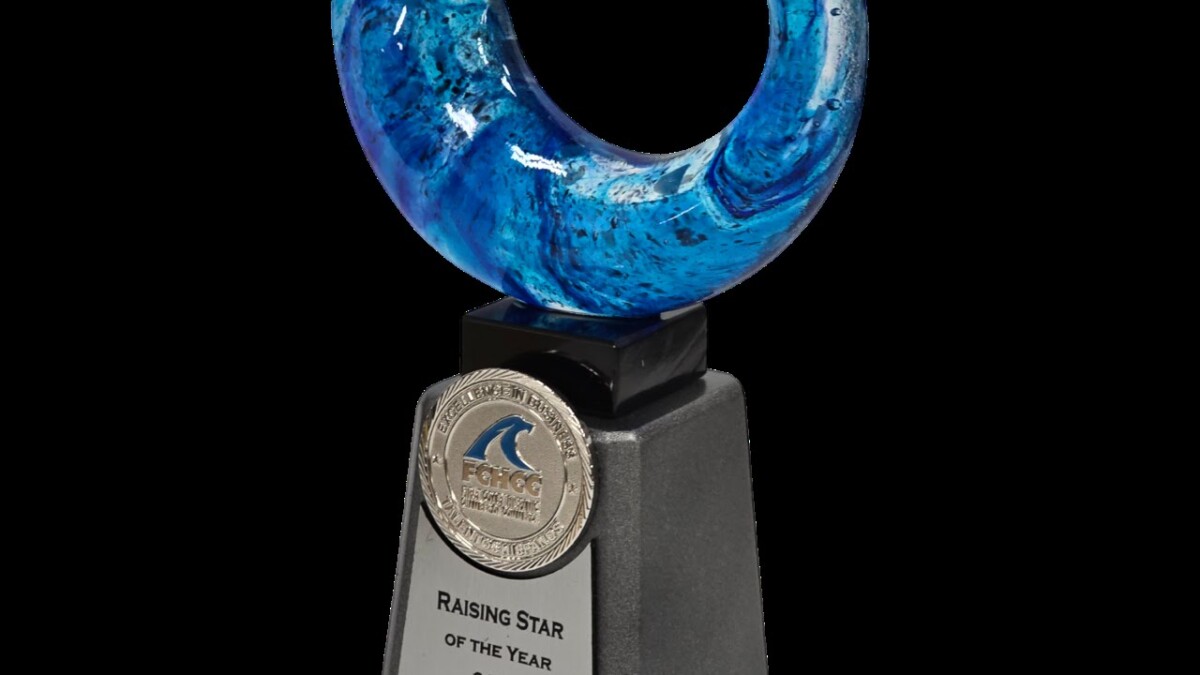Florida could move toward its first sanctioned bear hunt in nearly a decade.
The Florida Fish and Wildlife Conservation Commission on Wednesday directed officials to bring forward proposals for a possible bear hunt. The proposals are expected to be completed by a commission meeting in May, giving staff members time to compile data from ongoing studies about bear populations and gather more public input.
“We’ve had internal discussions with respect to hot-spot areas throughout the state, and whether that is something you look at first,” commission Chairman Rodney Barreto said. “If we’re going to go down that road, maybe we need to look at several proposals.”
About 20 speakers on both sides of the issue addressed the commission, with supporters of a hunt saying it could help better manage bear populations. Also, they pointed to two-thirds of Florida voters last month approving a measure that enshrined hunting and fishing rights in the state Constitution.
Opponents argued that hunting doesn’t reduce human-bear interactions. They called for continuing to use non-lethal options to address bear populations and for more education. They said unsecured trash continues to be a lure for bears on residential and commercial properties.
Katrina Shadix, founder and executive director of the group Bear Warriors United, which opposes a hunt, said an average of one Floridian is harmed each year by bears, while 600 people are attacked in the state by dogs.
“We now have 23 million people, only 4,000 Bears. We have a people problem, not a bear problem,” Shadix said.
Meanwhile, Bill George, an outdoorsman who regularly speaks at commission meetings, said efforts should continue to make available secure trash containers. But he said “our bears in Florida are not afraid of people. Our bears in Florida do not go away when a person comes out.”
George suggested a more-structured hunt than a 2015 hunt that had to be shut down after two days when the quota for a week was exceeded.
“I do believe the people overwhelmingly spoke in the (November) election about utilizing hunting as a primary tool to manage populations,” George said.
Other hunt supporters said a limited and highly regulated hunt would help manage bear populations.
“The hunting plan is already there. It’s not something you have to conjure up. It’s already done. The staff has it ready to go,” said Newton Cook of United Waterfowlers Florida. “The only decision has to be made is what the take will be out of the number of bears at each (area of the state known as a bear management unit).”
Bear hunting has long been controversial in Florida, and the only approved hunt in recent decades occurred in October 2015.
The hunt included a limit of one bear per hunter. Hunting permits were sold for $100 to Florida residents and $300 to people from out of state. A total of 3,778 permits were sold.
The hunt was projected to last up to a week. Instead, it was called off after two days as the bear death count quickly reached 304.
Commission officials at the time acknowledged being caught off guard by the success of the hunters.
Elizabeth Fleming, of the group Defenders of Wildlife, said Wednesday that the state should complete a study of the bear population, which could take several years.
“I would strongly recommend not bowing to political pressure, using science as the basis, and really using your bear-management staff as a resource. They are the experts,” Fleming said.
The commission is halfway into a 10-year bear management plan, with a focus on reducing bear-human interactions through education and making available bear-proof trash containers. But calls have been growing to allow bear hunting.
The state estimated Florida had more than 4,000 bears in 2015, and the population is known to be growing. Meanwhile, the agency receives more than 6,000 calls a year about bears.
Mike Orlando, assistant coordinator of the commission’s Bear Management Program, said one way to keep complaints down is to share costs with local communities in increasing the use of bear-resistant trash cans and dumpsters.
A commission presentation said an average of 300 bears are killed by vehicles each year, and “despite our best efforts, on average, one person each year is injured by a bear in Florida.”
In June, Gov. Ron DeSantis signed a law that will bolster self-defense arguments for people who kill bears on their property.
The law requires shooters to notify the commission within 24 hours of bears being killed. They also are prohibited from possessing or selling bear carcasses. Legal immunity isn’t available to people who provoke or lure bears.
Similar bills were filed in previous years but did not pass the Legislature. This year, however, the proposal, sponsored by Rep. Jason Shoaf, R-Port St. Joe, and Sen. Corey Simon, R-Tallahassee, gained traction after Franklin County Sheriff A.J. Smith said his rural community was “being inundated and overrun by the bear population.”
Opponents of the bill said it would lead to increased deaths of the once-threatened animals.






